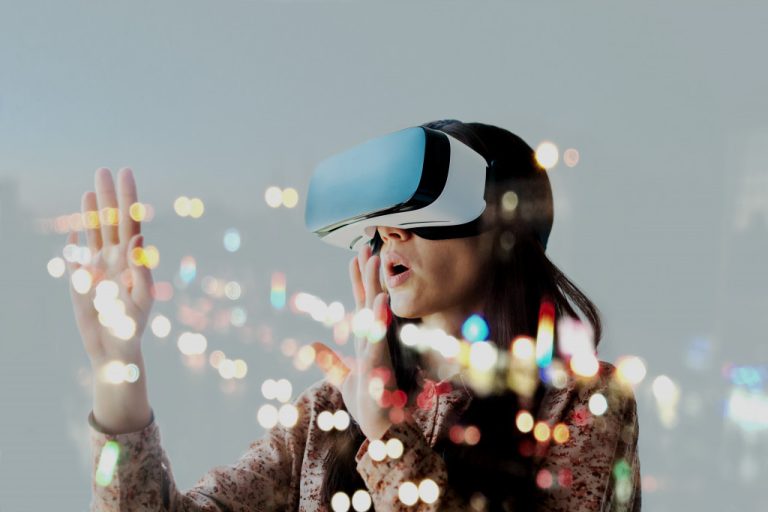Virtual reality is among the long list of latest technologies to take the world by storm. Its potential applications are endless, and one of the business sectors benefiting greatly from it is entertainment. People can play games, watch movies and series, and consume entertainment content using VR technology.
Its promise is rapidly reaching other business industries. The applications might be challenging and costly, hence the delayed incorporation within business operations and products. There is no denying that it might soon become a consistent part of how companies improve their future expansion plans.
It can be easy to identify where virtual reality can be critical, and some business sectors are already investing in the technology. It might not take a while before finding companies with VR available for employees, operations, and customers. Here are a few areas where virtual reality is a perfect fit.
Education
Education is a critical business sector with a rare situation. Its current business model, the traditional classroom setup, is already an impactful product in its most effective form. The advancements center around its equipment and tools, but the learning environment usually remains the same. The pandemic challenged academic institutions to seek other alternatives.
Classrooms remain the undisputed learning environment for students. Social distancing protocols and delayed research and implementation of vaccines for kids rendered face-to-face learning hazardous. As a result, educational establishments require a change of scenery.
They made the shift to online classes amid the pandemic. The arrival of a new learning environment means that the education sector is open to advancements, even with the traditional classroom setup. Virtual reality for schools or education is at the forefront of innovation because it creates a learning environment similar to the face-to-face atmosphere. Students can enter virtual classrooms and learn from teachers despite being in remote locations.
Virtual reality’s application for simulated programs can be more than recreating the traditional learning environment. The technology can move beyond classroom walls and immerse students in the topics and lessons that might require visual aids, providing life-like scenarios that amplify learning materials. Education is a vital stage in people’s lives, which means VR technology will have a consistent customer in that sector.
Career Training
People prepare themselves for their respective careers through education. It doesn’t mean they can already handle themselves. Education provides a training ground, but no one comes out of their academic journey prepared for the job.

The real thing is different, so most companies have training and onboarding procedures before letting new employees handle work tasks. Unfortunately, it might mean wasted resources and labor. Rookies might commit mistakes, but virtual reality can make those errors feel inconsequential.
Virtual reality can provide simulations wherein employees can train for their jobs. The technology creates an alternative to physical resources and materials that cost money. Once incorporated into the training and onboarding process, employees can practice as much as possible before handling the real thing, something examinations and quizzes at school can’t replicate. Industries like construction and architecture are among the career paths that could benefit from VR technology as part of the training process.
Health and Wellness
If the situation involves saving lives, upgrades and advancements from every angle are welcome. The health and wellness industry involves medicine, nutrition, and surgical practice. Those areas are continuously innovating to ensure that people are healthy and active.
As a result, medical establishments can benefit from VR technology in numerous applications. It can assist doctors in preparing for complicated surgery. It can also allow aspiring nutritionists to learn how food affects the entire body. VR has plenty of applications, but its potential to improve saving lives makes it a top priority for the health and wellness industry.
Socialization
VR technology provides people and businesses with many applications, but it can also enhance things that already feel effective. Among them is communication. Today, people have no problem connecting, regardless of the distance they share. It is possible thanks to technology like the mobile phone and social apps.
People can turn things up a notch with the help of virtual reality. People can talk to their loved ones with a full holographic image. They can also provide a simulation wherein their interactions can be more engaging, such as playing games or recreating an outdoor environment. With people maintaining social distancing, virtual reality could turn communication into something better.
Virtual reality is becoming a vital advancement that can improve business operations and products. Its attached initial cost might be challenging for most companies. VR’s potential for cost-saving and efficiency could make it worth it. Entertainment might be taking all of its glory, but who knows what other industries might accomplish it?

